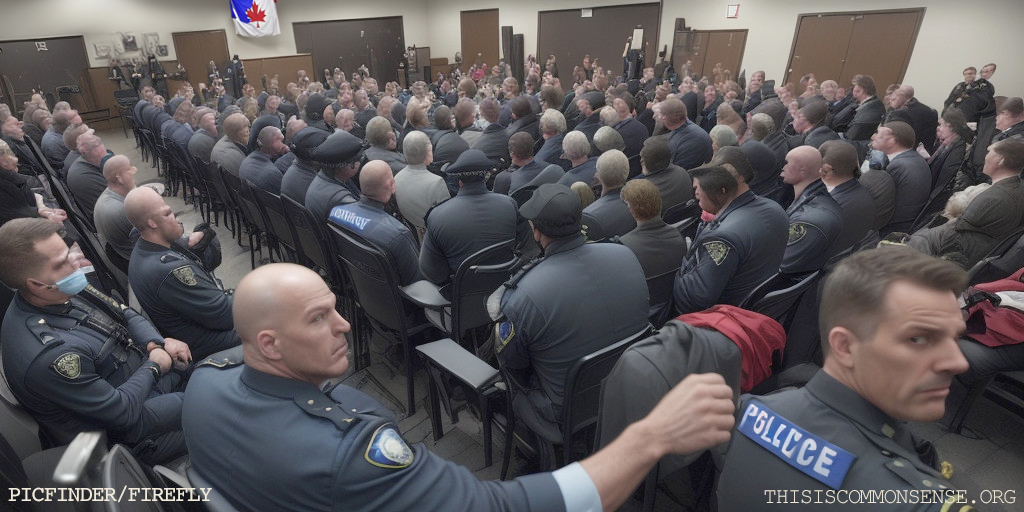“Stay here and you will suffer.”
That’s the message Denver’s Newcomer Communications Liaison Andres Carrera delivered to migrants last month, according to the city’s
“You don’t have to walk anywhere, we can buy you a free ticket,” Carrera offered. “You can go to any city,” he said, mentioning New York and Chicago, specifically.
“We can take you up to the Canadian border, wherever!”
Denver is now preparing to spend $90 million on migrant programs this year.
In the last fiscal year, New York City spent $1.5 billion “for asylum seeker shelter and services,” and those expenses are going up. Chicago’s “City Council is set to vote on spending another $70 million in city funds for migrant services,” Block Club Chicago reported last week, “just five months after Mayor Brandon Johnson’s 2024 budget allocated $150 million for new arrivals this year.”
We hear about the costs of the border crisis; these whopping numbers certainly clarify that matter.
Still, something else caught my attention.
Denver is making a 2.5 percent cut to most city agencies, while reducing the police department budget 1.9 percent, an $8.4 million dollar decrease for cops. Some charge that’s de-funding the police.
“The City of Denver’s adjustment to the Denver Police Department’s budget was carefully crafted with safety leaders and Mayor [Mike] Johnston,” a spokesperson explained, “to ensure there would be no impact to the department’s public services,”
Crafted with care. And having precisely zero impact.
Imagine had you or I suggested to politicians and government officials that we slice millions of dollars from their budgets. We’d be accused of gutting education and undermining public safety . . . if not starving the children.
Who knew it could be so easy and painless for them?
This is Common Sense. I’m Paul Jacob.
Illustration created with PicFinder and Firefly
—
See all recent commentary
(simplified and organized)





